Let’s talk about one of the most important aspects of personal finance – money management for single-income households.
If you’re a millennial like me and are living on one income, you’re not alone.
In fact, according to a study by the Pew Research Center, more than 71% of households have just one income earner (55% man breadwinner, 16% woman breadwinner).
Living on a single income can be tough, especially when it comes to managing your finances.
But with some smart money management strategies, you can make it work and even thrive financially.
Successful money management for single-income households requires budgeting, limiting non-essential expenses, saving for unforeseen circumstances, planning for taxes, and investing for long-term financial stability.
In this article, we’re going to go over some tips and tricks for budgeting, minimizing expenses, investing and saving, maximizing income, managing credit and loans, and tax planning for single-income households.
These strategies are based on research and statistics, and they’re designed specifically for millennials who are living on one income.
So whether you’re just starting in your career or you’re a few years into single-income living, this post is for you.
Let’s get started!
1. Establishing a Budget for Single Income Households
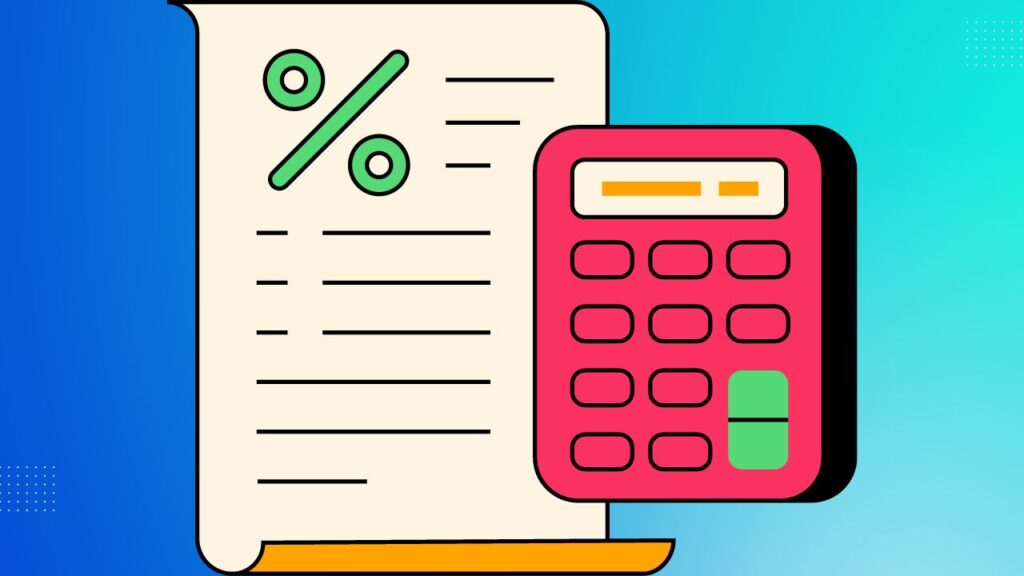
Alright, let’s dive into one of the most important aspects of smart money management for single-income households – budgeting.
First, let’s talk about why having a budget is so important.
Did you know that according to a study by the National Endowment for Financial Education, people who budget are twice as likely to report no financial worries compared to those who don’t budget?
That’s right, having a budget can give you peace of mind and help you stay on track financially.
1.1 Tips for creating a budget on a single income
Here are some tips for creating a budget on a single income:
1.1.1 Tracking Expenses
The first step in creating a budget is to track your expenses.
This means keeping track of every penny you spend, whether it’s through a spreadsheet or a budgeting app.
You want to know where your money is going and what your spending habits are before you can start making changes.
1.1.2 Categorizing Expenses
Once you’ve tracked your expenses for a month or two, it’s time to categorize them.
This means grouping your expenses into categories like housing, transportation, food, entertainment, etc.
This will help you see where you’re spending the most money and where you can cut back.
1.1.3 Setting Realistic Goals and Limits
When you’re creating your budget, it’s important to set realistic goals and limits.
Don’t try to cut your expenses in half overnight, as this can be overwhelming and unsustainable.
Instead, set small goals and work your way up. For example, try to cut your grocery bill by 10% for the first month and see how it goes.
1.1.4 Reviewing and Adjusting the Budget Regularly
Finally, it’s important to review and adjust your budget regularly.
Your financial situation may change from month to month, so you want to make sure your budget reflects that.
Maybe you got a raise at work or your car needed repairs, whatever the case may be, make sure to review your budget and adjust it accordingly.
Here’s a table to help you get started with your budgeting process:
| Category | Budget Amount |
| Housing | $XXXX |
| Transportation | $XXXX |
| Food | $XXXX |
| Entertainment | $XXXX |
| Savings | $XXXX |
| Other | $XXXX |
| Total | $XXXX |
Remember, budgeting may take some time to get used to, but it’s worth it in the long run.
Stick to your budget, review it regularly, and you’ll be on your way to smart money management for your single-income household.
2. Minimizing Expenses with Creative Solutions
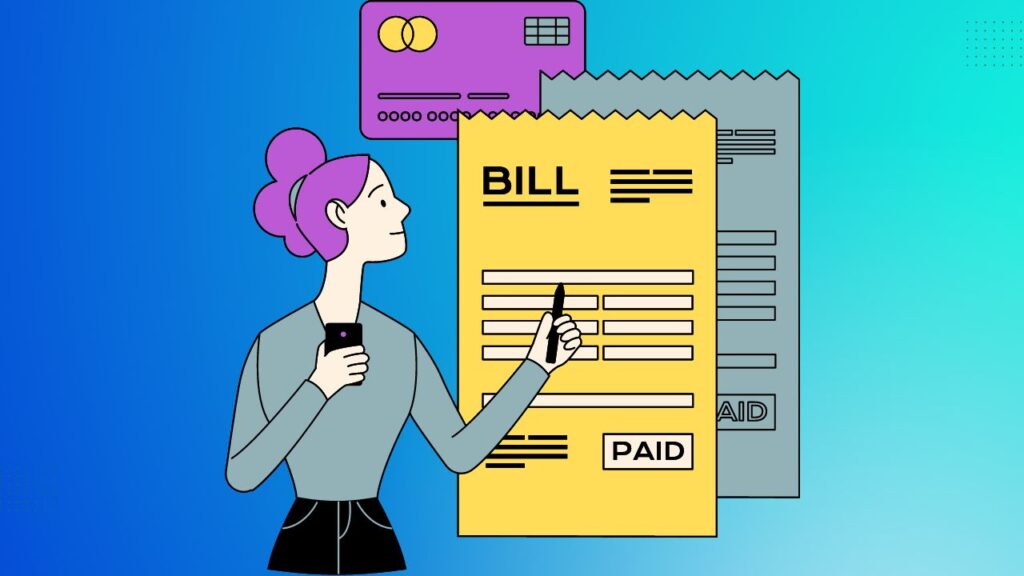
Several expenses can be minimized in your daily life.
Here are a few examples:
- Housing: Rent or mortgage payments, property taxes, and home insurance.
- Transportation: Car payments, gas, and insurance.
- Utilities: Electricity, water, internet, and cable bills.
- Groceries: Food, household supplies, and personal care items.
- Entertainment: Dining out, streaming services, and hobbies.
2.1 Ideas for cutting costs on everyday expenses
2.1.1 Housing
- Roommates: Consider finding a roommate to split housing costs with. It could save you hundreds of dollars each month.
- Downsize: Do you really need that extra bedroom or living space? Downsizing could save you on rent or mortgage payments.
- Refinance: If you have a mortgage, consider refinancing to get a lower interest rate and lower monthly payments.
2.1.2 Transportation
- Public transportation: Using public transportation can save you money on gas and car maintenance.
- Carpool: Consider carpooling with coworkers or friends to save on gas.
- Buy used: Instead of buying a brand-new car, consider buying a used car. It could save you thousands of dollars.
2.1.3 Utilities
- Energy-efficient appliances: Consider investing in energy-efficient appliances to save on electricity costs.
- Bundle services: Bundle your internet and cable services to save money. Sometimes gas and electricity also provide combined service.
- Cut back: Turn off lights and unplug appliances when you’re not using them to save on electricity costs.
2.1.4 Groceries
- Meal plan: Plan out your meals for the week to avoid buying unnecessary items at the grocery store.
- Buy generic: Consider buying generic brands instead of name brands to save money.
- Shop in bulk: Buying in bulk can save you money in the long run.
2.1.5 Entertainment
- Free activities: Look for free activities in your area like hiking or visiting a local museum.
- Cut back on dining out: Try cooking at home instead of dining out to save money.
- Share subscriptions: Consider sharing streaming service subscriptions with friends to save money.
Overall, there are many ways to minimize expenses and save money on everyday expenses.
By implementing these creative solutions, you can improve your money management for a better financial future.
3. Investing and Saving Strategies for Single Income Households
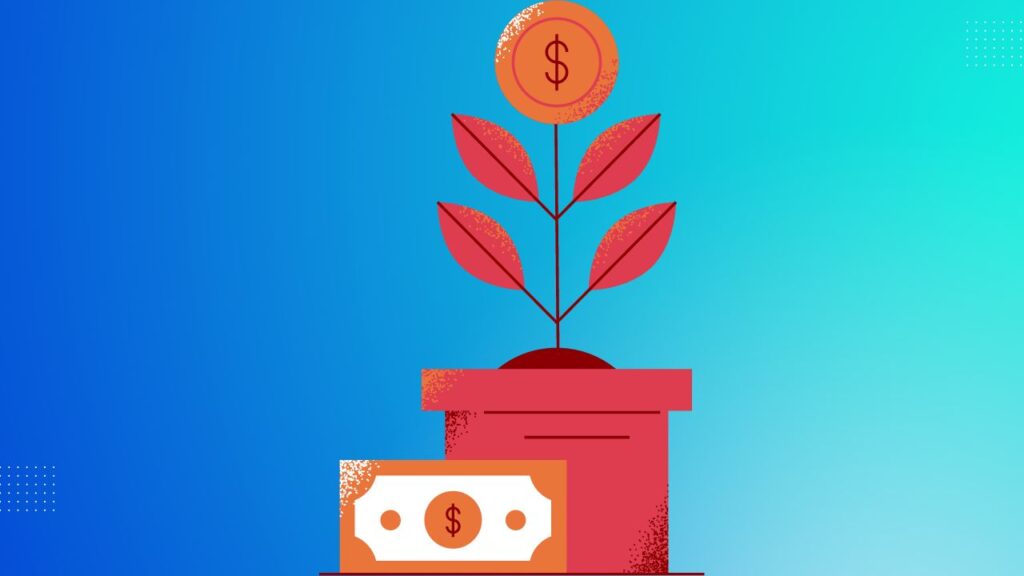
Investing and saving are crucial for a single-income household.
Saving can help you build an emergency fund and have a safety net in case of unexpected expenses.
Investing, on the other hand, can help you grow your wealth over time and prepare for your financial future.
3.1 Investment Strategies for a single-income Household
3.1.1 Diversification of Investments
Diversification means spreading your investments across different types of assets, like stocks, bonds, and real estate.
This can help reduce the risk of losses and increase the potential for gains.
For example, if one stock performs poorly, the others in your portfolio may perform well and balance out the losses.
3.1.2 Low-cost index funds
Index funds are a type of mutual fund that tracks a specific market index, like the S&P 500.
Low-cost index funds are a great option for single-income households because they have lower fees than actively managed funds and can provide diversification across a broad range of assets.
Over the long term, index funds have historically outperformed many actively managed funds.
3.1.3 Retirement savings
Saving for retirement is crucial, especially for single-income households.
You can start by contributing to a 401(k) or IRA. A 401(k) is a retirement plan offered by employers, while an IRA is an individual retirement account that you can open on your own.
Both offer tax advantages and can help you save for retirement.
Overall, investing and saving strategies are essential for single-income households.
By diversifying your investments, investing in low-cost index funds, and saving for retirement, you can grow your wealth over time and prepare for your financial future.
3.2 Saving Strategies for a single-income Household
3.2.1 Emergency funds
Having an emergency fund is crucial for a single-income household.
It can help you cover unexpected expenses like car repairs, medical bills, or job loss.
Experts recommend having at least 3-6 months’ worth of living expenses saved in an emergency fund.
This can give you peace of mind knowing that you have a safety net in case of financial emergencies.
3.2.2 Automatic savings
Setting up automatic savings can be a great way to save money without even thinking about it.
You can set up automatic transfers from your checking account to your savings account or set up automatic contributions to your retirement account.
This can help you stay on track with your savings goals and make it easier to save consistently.
3.2.3 Long-term savings goals
Having long-term savings goals can help you stay motivated and focused on your financial future.
For example, you can set a goal to save for a down payment on a home, pay off student loans, or save for a child’s education.
By breaking down your goals into manageable steps, you can make progress over time and achieve your financial goals.
Overall, saving strategies are crucial for single-income households.
By having an emergency fund, setting up automatic savings, and having long-term savings goals, you can build a strong financial foundation and achieve financial stability.
4. Maximizing Income for Single Income Households

Maximizing income is important for single-income households because it can provide more financial stability and flexibility.
By increasing your income, you can pay off debt faster, save more for the future, and improve your quality of life.
It can also provide a buffer in case of unexpected expenses or job loss.
4.1 Ideas for generating additional income
4.1.1 Freelancing or side hustles
Freelancing or side hustles can be a great way to earn extra income.
You can offer your skills and services online through platforms like Upwork, Fiverr, or TaskRabbit.
This can be anything from graphic design to writing to tutoring.
With the rise of the gig economy, there are many opportunities to earn extra income in your free time.
4.1.2 Renting out unused space
If you have extra space in your home, you can consider renting it out on platforms like Airbnb or VRBO.
This can be a great way to earn extra income, especially if you live in a desirable location.
Just make sure to check local regulations and rules before renting out your space.
4.1.3 Participating in the gig economy
The gig economy offers many opportunities for earning extra income.
You can participate in delivery services like UberEats or DoorDash, or offer your services as a dog walker or pet sitter on Rover.
There are also opportunities to participate in paid surveys or market research studies online.
Overall, maximizing income can be a great way to improve your financial situation as a single-income household.
By exploring options like freelancing or side hustles, renting out unused space, or participating in the gig economy, you can increase your income and achieve your financial goals faster.
5. Managing Credit and Loans for Single Income Households
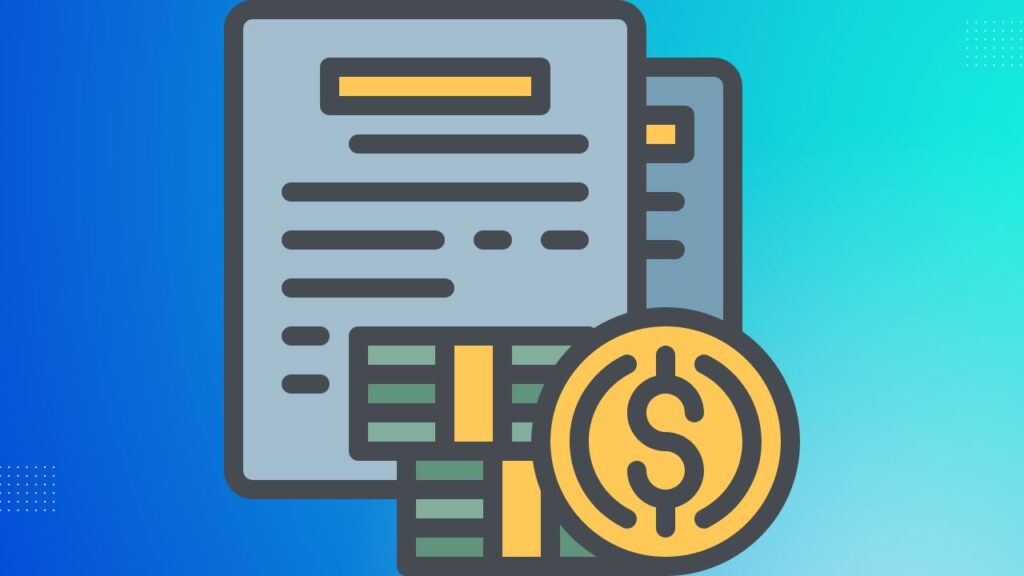
Credit and loans can have a big impact on a single-income household.
If you have high levels of debt or poor credit, it can be more difficult to achieve financial stability and reach your goals.
On the other hand, if you have good credit and manage your loans well, you can access better interest rates and have more financial options.
5.1 Strategies for managing debt
5.1.1 Prioritizing high-interest debt
One of the best strategies for managing debt is to prioritize high-interest debt.
This is often credit card debt or personal loans with high-interest rates.
By paying off these debts first, you can save money in the long run and reduce the total amount of interest you pay.
5.1.2 Refinancing
If you have high-interest debt, refinancing can be a great option.
This involves taking out a new loan with a lower interest rate and using it to pay off existing debt.
This can help you save money on interest and make your monthly payments more manageable.
5.1.3 Avoiding unnecessary debt
To manage debt, it’s important to avoid taking on unnecessary debt.
This means only borrowing what you can afford to pay back and avoiding high-interest loans or credit cards.
It’s also important to have a budget and stick to it, so you don’t overspend and create more debt.
5.2 Tips for building and maintaining good credit
To build and maintain good credit, it’s important to pay your bills on time and in full.
This includes credit card bills, loans, and any other bills that are reported to credit bureaus.
It’s also important to keep your credit utilization low and avoid opening too many new accounts at once.
Regularly checking your credit report can also help you catch any errors or fraudulent activity.
6. Tax Planning for Single-Income Households
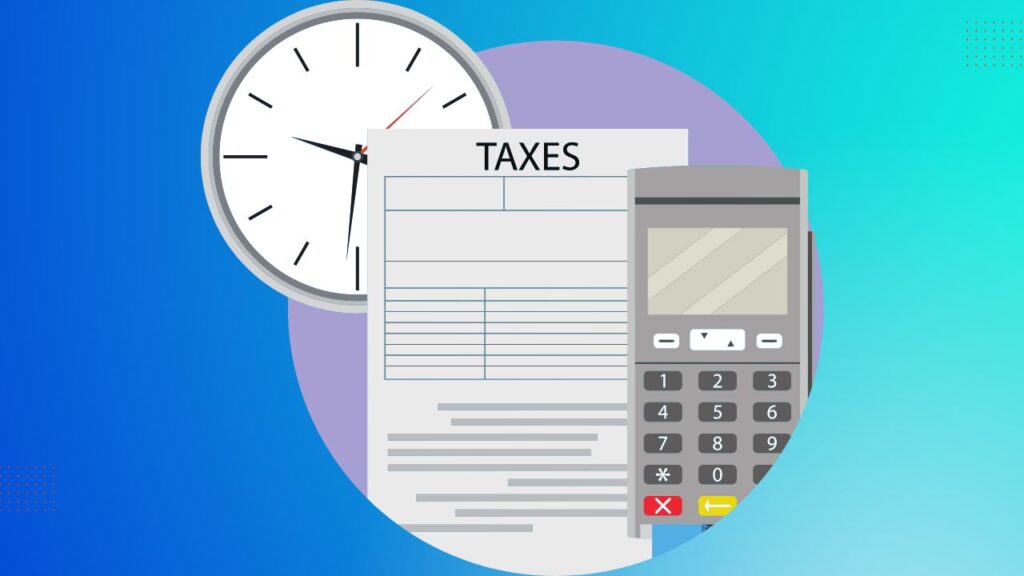
Taxes can have a huge impact on your finances, so it’s important to understand how they work and how you can minimize your tax liability.
When you have only one source of income, it can be more difficult to make ends meet, especially if you’re supporting a family.
Taxes can eat up a significant portion of your paycheck, leaving you with less money to cover your living expenses.
That’s why it’s important to be strategic about your tax planning and take advantage of any opportunities to reduce your tax liability.
6.1 Tips for reducing tax liability
Here are some tips for reducing your tax liability:
6.1.1 Utilizing tax deductions and credits
There are a variety of tax deductions and credits available that can help lower your tax bill.
For example, if you own a home, you can deduct the interest you pay on your mortgage.
If you have children, you may be eligible for the child tax credit or the earned income tax credit.
Make sure you’re taking advantage of all the deductions and credits you’re eligible for.
6.1.2 Maximizing retirement contributions
Contributing to a retirement account, such as a 401(k) or IRA, is a great way to lower your taxable income.
Not only are you saving for your future, but you’re also reducing your tax bill in the present.
In 2023, the contribution limit for 401(k)s is $22,500 for those under 50 and $30,000 for those 50 and older.
For IRAs, the limit is $6,500 for those under 50 and $7,500 for those 50 and older.
6.1.3 Planning ahead for tax season
It’s important to be proactive when it comes to your taxes.
Make sure you’re keeping accurate records throughout the year, so you’re prepared when tax season rolls around.
Consider working with a tax professional to help you identify any opportunities to reduce your tax liability.
Also, don’t wait until the last minute to file your taxes – the earlier you file, the sooner you’ll receive any refund you’re entitled to.
Bottom Line…
I hope you found these tips helpful and that you can apply them to your own finances.
According to a recent survey by Investopedia, over 74% of millennials are worried about their finances, and another survey from Bankrate shows that 21.7% of them are living paycheck to paycheck.
Many of us are struggling to make ends meet, especially if we’re relying on a single income.
But by being strategic about our finances and taking steps to reduce our expenses and increase our income, we can improve our financial situation.
One of the best things you can do for your finances is to invest in yourself.
This could mean pursuing higher education or training to increase your earning potential, or starting your own side business to bring in extra income.
It’s also important to live within your means and avoid taking on too much debt.
Furthermore, taxes can have a big impact on your finances, so it’s important to be proactive about your tax planning and take advantage of any opportunities to reduce your tax liability.
Remember, smart money management is a journey, not a destination.
It takes time and effort to build good financial habits, but the rewards are well worth it.
By being proactive about your finances and taking steps to improve your financial situation, you can achieve your goals and live the life you want.
I wish you all the best in your financial journey!

1 thought on “Smart Money Management for Single-Income Households”